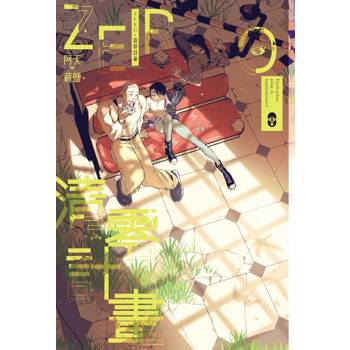João Pina draws upon his family history to tell the story of the Portuguese concentration camp
at Tarrafal, Cape Verde which operated between 1936 and 1974. The visual history of the camp
is told through the only known photographs taken inside the Tarrafal camp, combined with
correspondence, archives, objects and Pina’s own contemporary photographs. Collectively
these materials create a new dialogue about the Portuguese fascist regime of the past--and the
resistance to it--on the 50th anniversary of its demise.
In 1949, Pina’s grandfather Guilherme da Costa Carvalho--a young communist militant-- was sent
to the camp. Later that year Guilherme’s parents were granted unprecedented permission to visit
their son and using a Rolleiflex camera they photographed all the living prisoners and the graves of
the ones who had died in the camp. This extensive visual record--the only one ever made inside the
concentration camp--was created with the intent of reporting back to the families of the other
prisoners held in the camp or had died there.
Seventy years later, in 2019, Pina began investigating a box in his family archive containing the
negatives, contact sheets, vintage prints of these pictures made inside the camp, along with related
letters and telegrams sent from his grandfather.
| FindBook |
有 1 項符合
Tarrafal的圖書 |
 |
Tarrafal 出版社:Gost Books 出版日期:2024-10-01 語言:英文 規格:精裝 / 284頁 / 普通級/ 初版 |
| 圖書館借閱 |
| 國家圖書館 | 全國圖書書目資訊網 | 國立公共資訊圖書館 | 電子書服務平台 | MetaCat 跨館整合查詢 |
| 臺北市立圖書館 | 新北市立圖書館 | 基隆市公共圖書館 | 桃園市立圖書館 | 新竹縣公共圖書館 |
| 苗栗縣立圖書館 | 臺中市立圖書館 | 彰化縣公共圖書館 | 南投縣文化局 | 雲林縣公共圖書館 |
| 嘉義縣圖書館 | 臺南市立圖書館 | 高雄市立圖書館 | 屏東縣公共圖書館 | 宜蘭縣公共圖書館 |
| 花蓮縣文化局 | 臺東縣文化處 |
|
|
圖書介紹 - 資料來源:博客來 評分:
圖書名稱:Tarrafal
內容簡介
作者簡介
João Pina, ( b. Portugal in 1980) began working as a professional photographer at the age of eighteen, and graduated from the ICP’s Photojournalism and Documentary Photography programme in New York in 2005. His photographs have been published internationally in outlets including The New York Times, The New Yorker, The Washington Post, Time magazine, National Geographic magazine, GEO, Stern magazine, El Pais and Le Monde and the subject of numerous international exhibitions.
|











